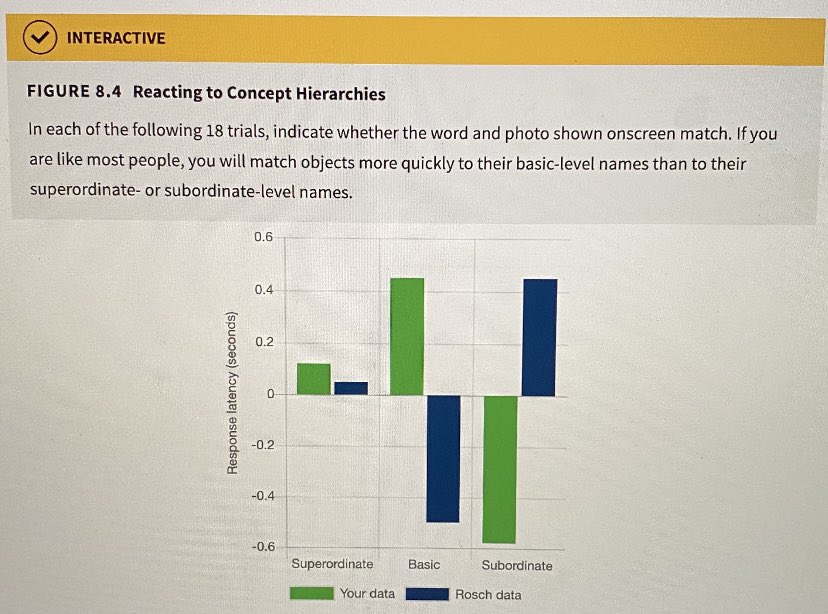
I have made so many posts about the fact that most autistic people prefer identity-first language, but a lot of non-autistic people still leave comments like this when I use the word “autistic” in my writing:
“*People who have autism. Person first language is important 🙃”
“*People who have autism. Person first language is important 🙃”

Comments on our Instagram page are limited to people who follow us (to limit abuse and ableism).
So, whoever commented this ostensibly considers themselves an ally to autistic people.
But they are still acting in a way that betrays their arrogance in this space.
So, whoever commented this ostensibly considers themselves an ally to autistic people.
But they are still acting in a way that betrays their arrogance in this space.
I’m not going to explain why people should use identity-first language for the 100th time (you can just go to identityfirstautistic.org).
Instead, I’m going to explain why it’s totally inappropriate for anyone to “correct” an autistic person on this issue.
Instead, I’m going to explain why it’s totally inappropriate for anyone to “correct” an autistic person on this issue.
Even if identity-first language was preferred by the minority of autistic people, let’s say only 10%, it still wouldn’t be okay to tell anyone how to refer to themselves.
The words used to describe autism are things that can only be decided by autistic people.
The words used to describe autism are things that can only be decided by autistic people.
Autism is a part of OUR identity, not anyone else’s.
We are the only true authority on ourselves.
Nobody has the right to dictate to members of a marginalized group, what language they’re allowed & “not allowed” to use to describe their reality.
We are the only true authority on ourselves.
Nobody has the right to dictate to members of a marginalized group, what language they’re allowed & “not allowed” to use to describe their reality.
If you’re not autistic, you have no say on this issue. Your opinion quite literally does not matter.
Autistic people are perfectly capable of deciding amongst ourselves.
Our consensus is: default to identity-first language unless instructed not to by the person in question.
Autistic people are perfectly capable of deciding amongst ourselves.
Our consensus is: default to identity-first language unless instructed not to by the person in question.
At the end of the day, it doesn’t even matter that there are dozens of other very important reasons not to correct someone who’s using identity-first language.
The most important reason not to correct an autistic person who says the word “autistic,” is that they’re autistic!
The most important reason not to correct an autistic person who says the word “autistic,” is that they’re autistic!
This is applicable to a lot of other issues and a lot of other minority groups.
People outside the group are always trying to tell us who we should be, how we should act, what language to use, how to identify, etc.
That’s not okay. We have the right to self-determination.
People outside the group are always trying to tell us who we should be, how we should act, what language to use, how to identify, etc.
That’s not okay. We have the right to self-determination.
• • •
Missing some Tweet in this thread? You can try to
force a refresh




